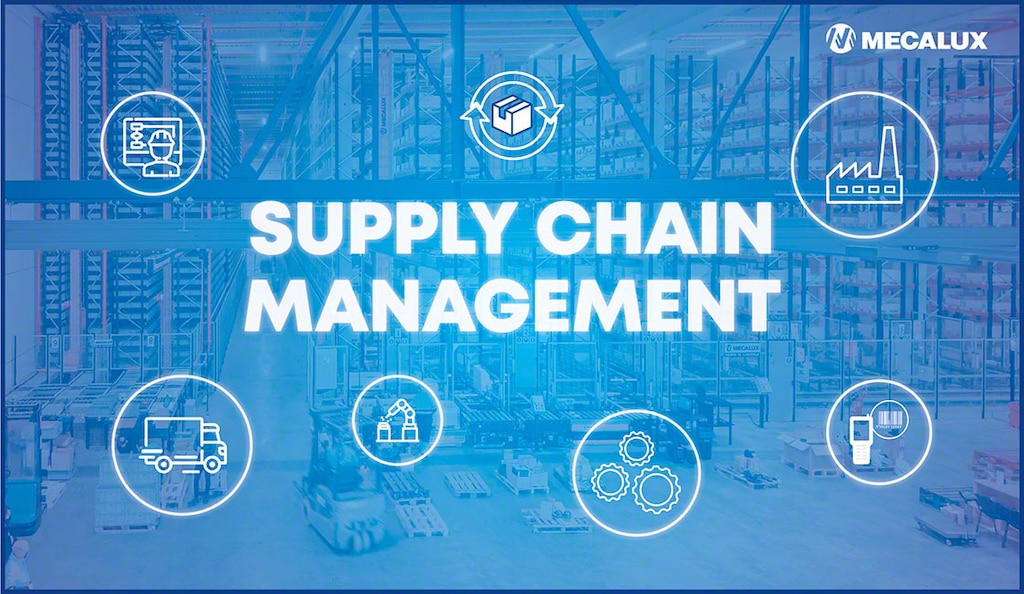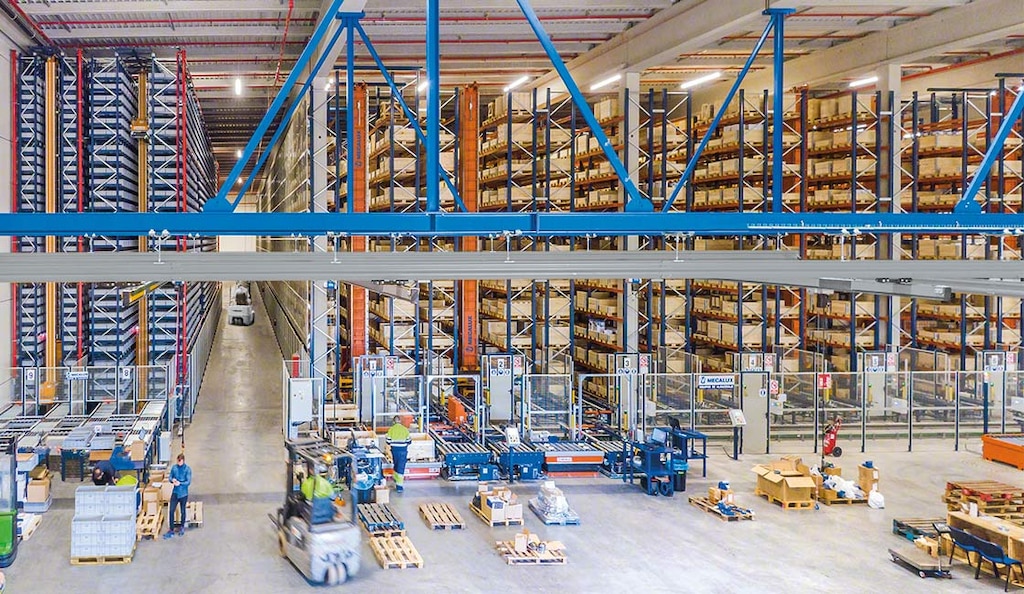Chief supply chain officer: roles and responsibilities
In the past few years, one professional profile has acquired more management responsibility and greater influence over the strategic direction of organisations. Recent events and disruptions have underscored the advantages of having a chief supply chain officer.
What is a chief supply chain officer?
A chief supply chain officer, or CSCO, is the person responsible for supervising and delivering value across a company’s supply chain. This individual must ensure an efficient flow of goods by anticipating and dealing with changes in supply and demand, removing constraints such as bottlenecks and staying up-to-date with new technologies.
The chief supply chain officer — increasingly present in businesses — oversees everything from raw material procurement to customer deliveries, interacting with every link in the chain. Therefore, besides having a strategic vision, this profile requires communication, negotiation and management skills. It shouldn’t be confused with the warehouse manager, a key figure in companies’ logistics departments, which occupies a different position in the warehouse organisational chart.
Responsibilities of a chief supply chain officer
The responsibilities of a supply chain officer encompass several aspects of production processes and commercial relationships. These are some of them:
- Obtain the best price for raw material purchases, accurately forecast demand and avoid stockouts. To achieve this, the chief supply chain officer can use tools such as the economic order quantity (EOQ) and build and maintain good relationships with suppliers.
- Administer product distribution and transport so that goods arrive at the right place, at the right time and as per the agreed conditions.
- Establish key indicators for supply chain control.
- Plan the logistics strategy that the company will follow, maximise its resources and monitor its inventory. To do this, programs such as a warehouse management system will come in handy.
- Identify new trends, drive process transformation, lead the implementation of technological advancements and achieve more sustainable supply chains.
- Collaborate with other departments to optimise operations, establish a sales planning process and provide visibility of activities across the entire organisation.

Characteristics of a good chief supply chain officer
According to a study by recruitment company Russel Reynolds, leading chief supply chain officers typically share the following attributes:
- Strategic and innovative. These forward-looking individuals anticipate change and look for new solutions to problems.
- Inclined to act. Chief supply chain officers embrace change and avoid excessive bureaucracy.
- Persistent and determined. These professionals will generally take the initiative, provide clear instructions and make the necessary decisions to reach their goals.
- Systematic view. Chief supply chain officers are aware that they’re part of an interconnected, deeply interdependent ecosystem. As a result, they must remain objective and logical, regardless of the circumstances.
What academic background does a chief supply chain officer need?
Chief supply chain officers oversee and coordinate every process that could hinder any point of the supply chain and cause a halt in production or distribution. They maintain contact with suppliers and carriers as well as manufacturing and sales teams.
This is why, in addition to possessing leadership qualities and commercial skills, these professionals often have a university degree. However, their education can vary, ranging from engineering to degrees more related to management, such as business administration. Today, there are increasingly more postgraduate options, such as specific master’s programs. It’s essential to have a critical and analytical view of the market and the business’s needs.
Where does a chief supply chain officer work?
Generally, organisations that have a chief supply chain officer on staff are manufacturing companies, where this person manages procurement, purchasing, sales and all production stages. However, these professionals are also found in e-commerce and service-related commercial businesses, wholesalers and retailers.

Some of the chief supply chain officers most highly valued by executive search firm Alcott Global in 2023 were Mourad Tamoud of Schneider Electric, Harald Emberger of Beiersdorf, Bala Sreenivasan of MSD, Jane Burkitt of LEGO and Lynn Torrel of Flex.
The chief supply chain officer’s first 100 days
According to consulting firm Gartner, chief supply chain officers starting their new position should dedicate their first 100 days (three months) to four aspects that will lay the foundations for the rest of their activity and their success:
- Develop strategic relationships.
- Strengthen the company’s risk management.
- Support talent and develop its capabilities.
- Initiate plans for long-term growth
How can AI optimise the supply chain?
Chief supply chain officers can transform their operations by investing in new technologies, improving their resilience and the customer experience. In this regard, they can employ tools driven by artificial intelligence (AI), big data and machine learning to facilitate monitoring and reporting tasks. These professionals can also streamline their companies’ logistics processes in the short, medium and long term by creating strategies incorporating them.
There are several options, including modernising operations by incorporating automated storage and retrieval systems (AS/RS) or resources to expedite order picking (e.g., picking robots). Moreover, total control of processes can be achieved by implementing a warehouse management system like Easy WMS. Other strategies involve expanding the company’s facility or building new regional centres. At Mecalux, we can assist you with any of these solutions. Feel free to contact us for expert advice on the system that best adapts to your supply chain needs.
